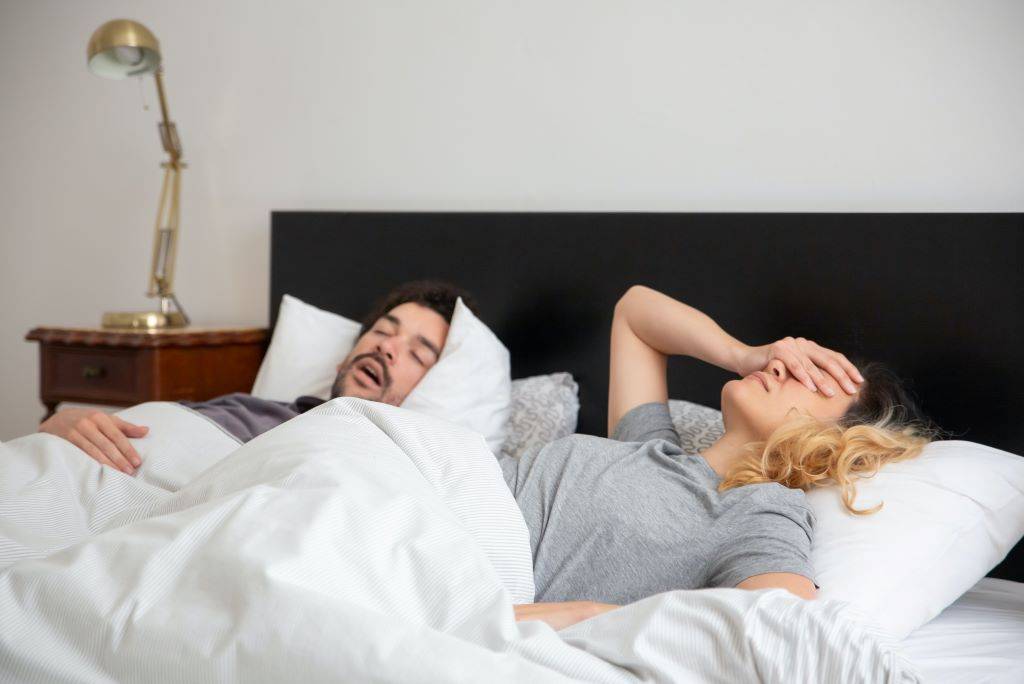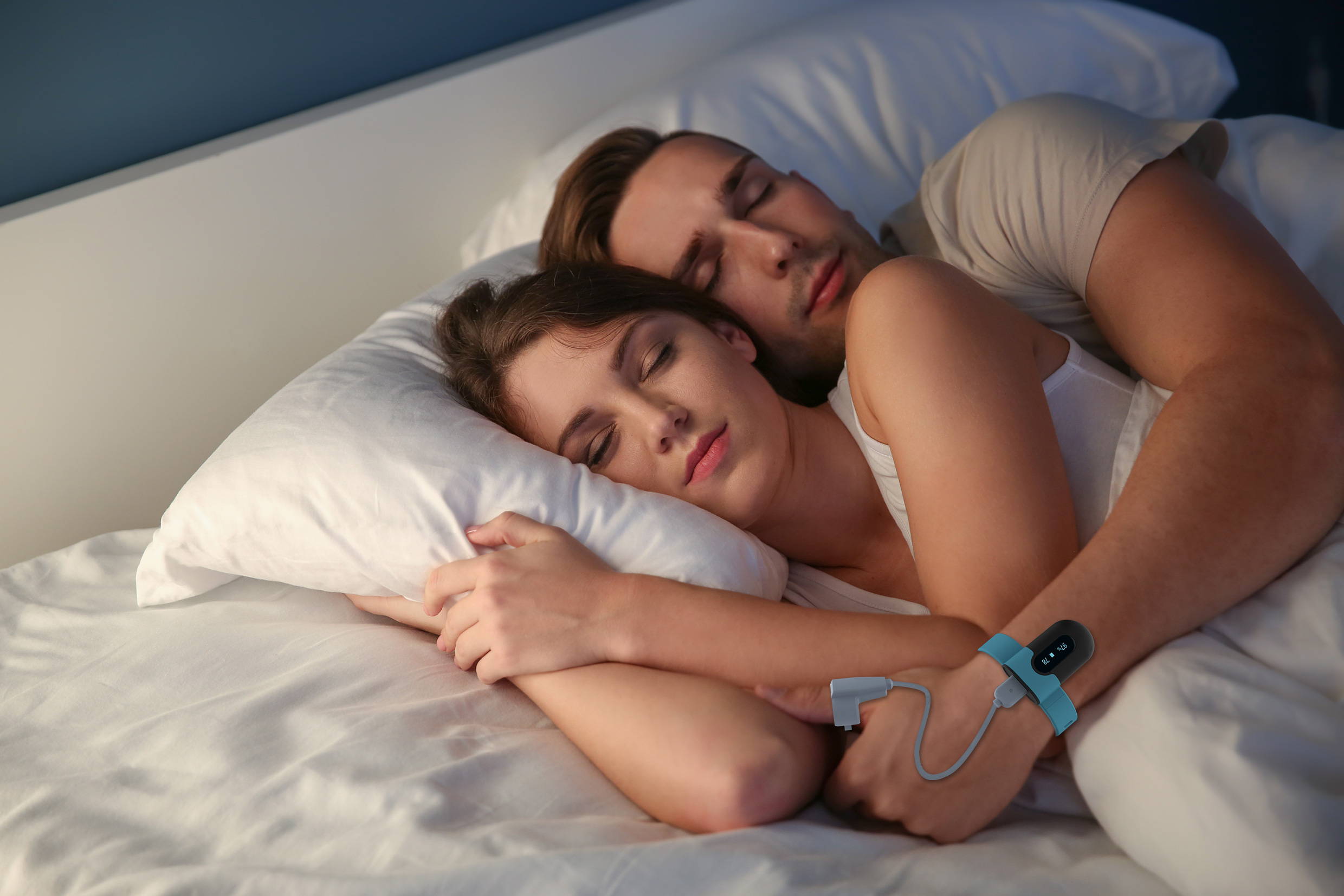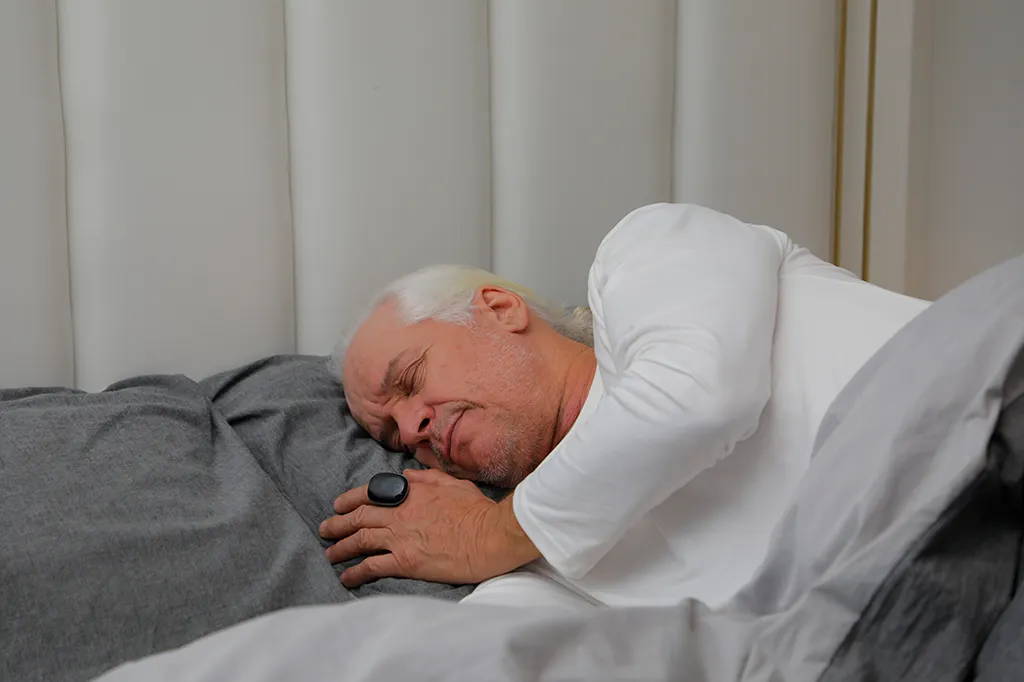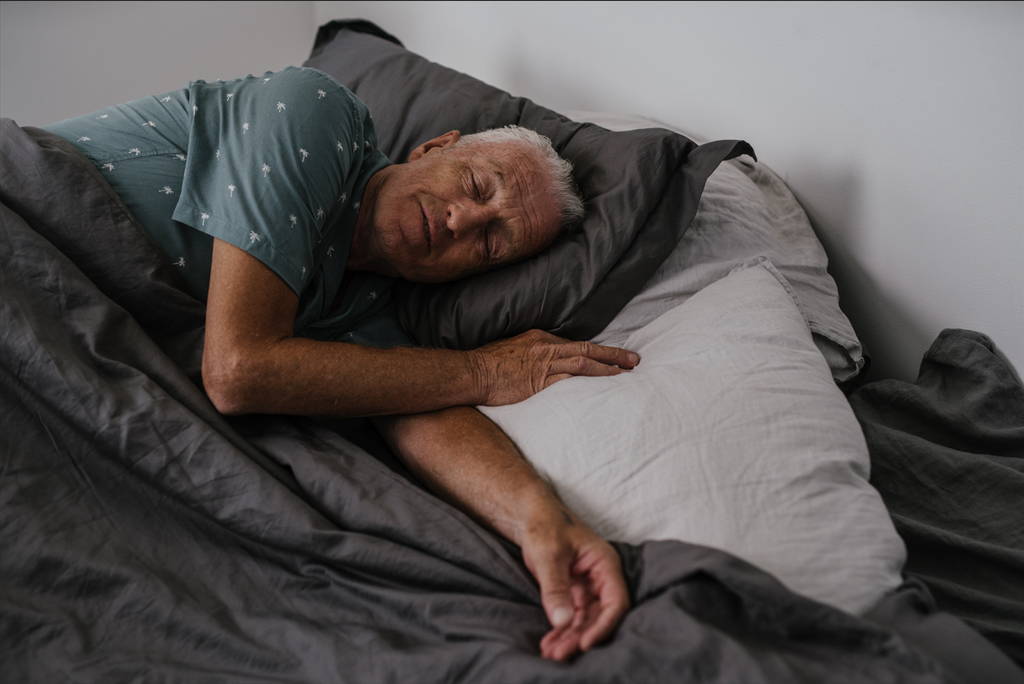Sleep Apnea and Its Impact on Individuals
A common sleep problem that affects millions of individuals worldwide is sleep apnea. Breathing pauses during sleep, which cause fragmented and poor-quality sleep, are its defining feature. You may have sleep apnea if you snore loudly and still feel exhausted after a full night's sleep. If left untreated, it may result in loud snoring, excessive daytime sleepiness, or more serious issues including high blood pressure or heart problems. Obesity and excess weight in adults are the most frequent causes of obstructive sleep apnea, which is linked to soft tissue in the mouth and throat. This soft tissue can cause the airway to get clogged when you're sleeping since your throat and tongue muscles are more relaxed.
The Importance of Monitoring Oxygen Level During Sleep
Monitoring oxygen levels while sleeping is essential for spotting and treating sleep problems including sleep apnea. Healthcare experts may learn a lot about a person's respiratory health and spot any anomalies by testing the blood's oxygen content. Our existence depends on oxygen.
If we are without oxygen for five minutes, we will expire. While it's true that a total absence of oxygen may result in death, it's also important to realize that low oxygen levels can be just as harmful, if not more so, since they can cause bothersome symptoms and raise your chance of contracting a number of diseases. Since the brain is wired to monitor oxygen levels, if there is a 3–4% dip, your brain will become aware of the issue and gently stimulate you awake so that you may resume breathing. While this alertness aids in oxygenation maintenance, it also interferes with your restorative sleep by interrupting your sleep cycle. There are tools known as Oxygen Pulse Oximeters which are widely used in diagnoses and treatment of Sleep Apnea. By tracking oxygen saturation levels while you sleep and assessing the efficacy of different treatment choices, oxygen pulse oximeters are essential for managing obstructive sleep apnea (OSA).
The role of Oxygen Pulse Oximeters in Sleep Apnea Management
Oxygen pulse oximeters are essential for managing sleep apnea. These small, non-invasive gadgets are crucial for tracking blood oxygen saturation levels since they offer both patient's and healthcare professionals insightful data.
Oxygen pulse oximeters are essential for evaluating the efficacy of sleep apnea therapies. These tools make it easier for medical personnel to keep an eye on patients' oxygen levels as they sleep, giving them important information about the effectiveness of treatments like continuous positive airway pressure (CPAP). Pulse oximeters give medical personnel the ability to monitor oxygen saturation levels to make sure that an adequate supply of oxygen is maintained while a patient is sleeping. This monitoring assists in determining if the treatment is successfully resolving the breathing disturbances caused by sleep apnea.
Home-use pulse oximeters can also be helpful for those who have sleep apnea. By routinely checking their oxygen levels, these gadgets enable people to actively engage in their own management. By monitoring oxygen saturation patterns, people may see any anomalies and get help when they need it, encouraging them to take an active role in their health.
The objective measurement of oxygen levels while sleeping is another way pulse oximeter help diagnose sleep apnea. They offer insightful information on the frequency and length of apnea episodes, assisting medical practitioners in determining the severity of the illness. This knowledge aids in the facilitation of suitable treatments and the formulation of personalized treatment programs.
Limitation about the oxygen Pulse Oximeter
While pulse oximeters have some limits, it's important to remember this. they may be the following factors like motion artifacts, poor circulation, or nail polish may have an impact on accuracy.
· Incorrect device orientation or movement might result in false results.
· There is a dearth of knowledge on the phases of sleep, carbon dioxide levels, and respiratory rate.
· Single-point measurements could miss brief dips in oxygen levels while you're sleeping.
· Reliability depends on user compliance and interpretation.
· Unsuitable for sophisticated monitoring requirements or specific situations.
Conclusion
In conclusion, millions of people throughout the world suffer from the common sleep disorder known as sleep apnea, which results in interrupted and low-quality sleep. To properly diagnose and treat sleep apnea, oxygen levels during sleep must be monitored. With the ability to assess the efficacy of treatments, oxygen pulse oximeters enable people to take an active role in their own health management. Despite their limitations, pulse oximeters are nevertheless helpful for both diagnosing and monitoring sleep apnea.
WRITTEN BY VIBEAT
Related Blogs
Recommended Products





